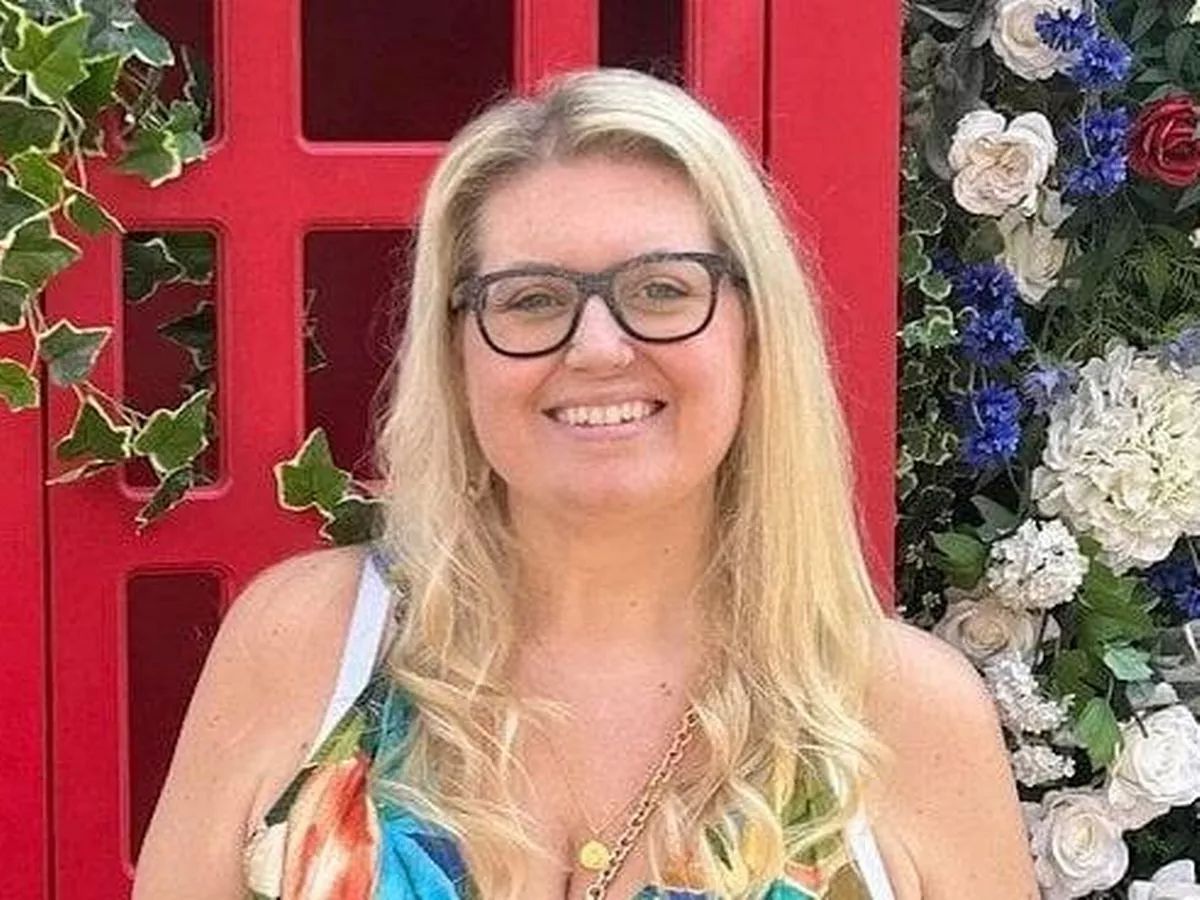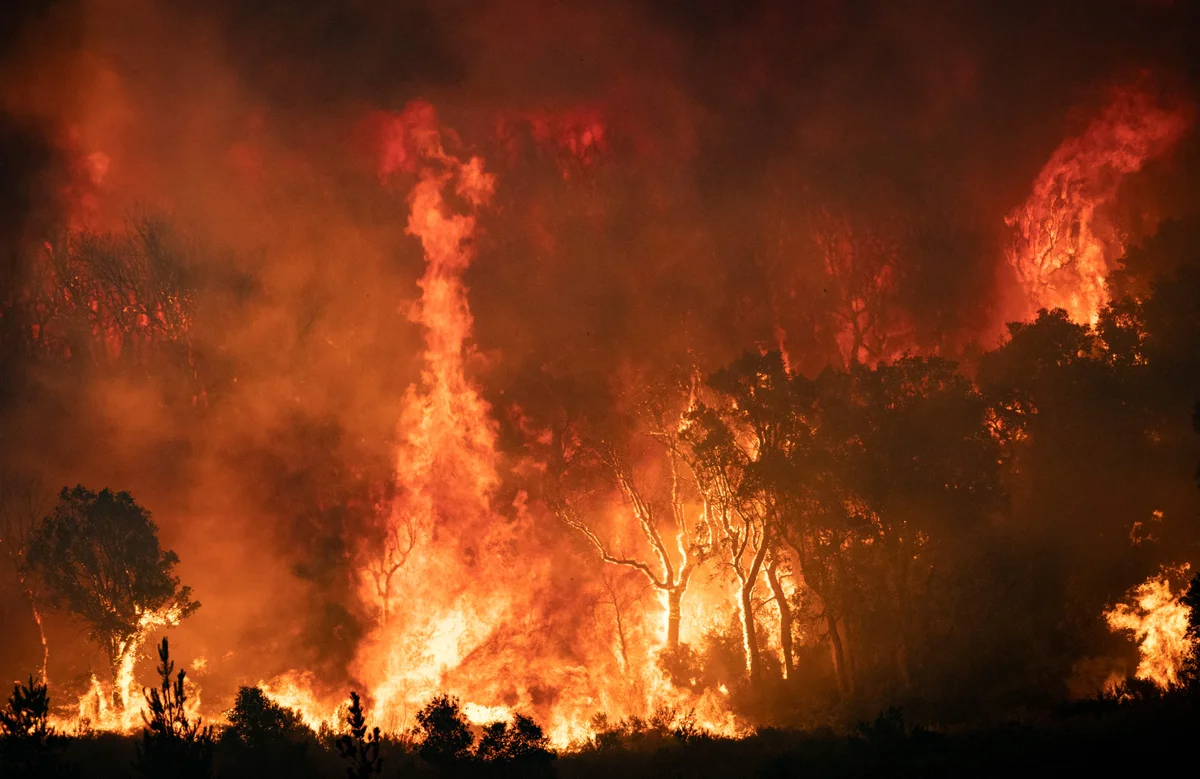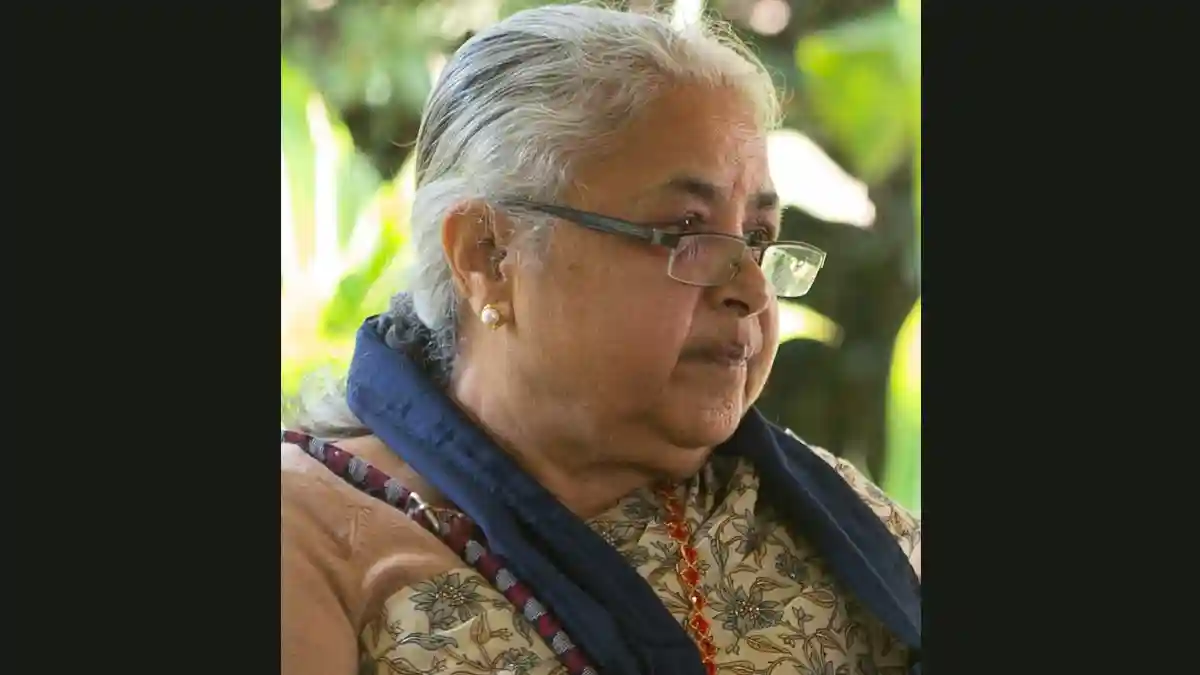By Winifred Lartey
Copyright asaaseradio
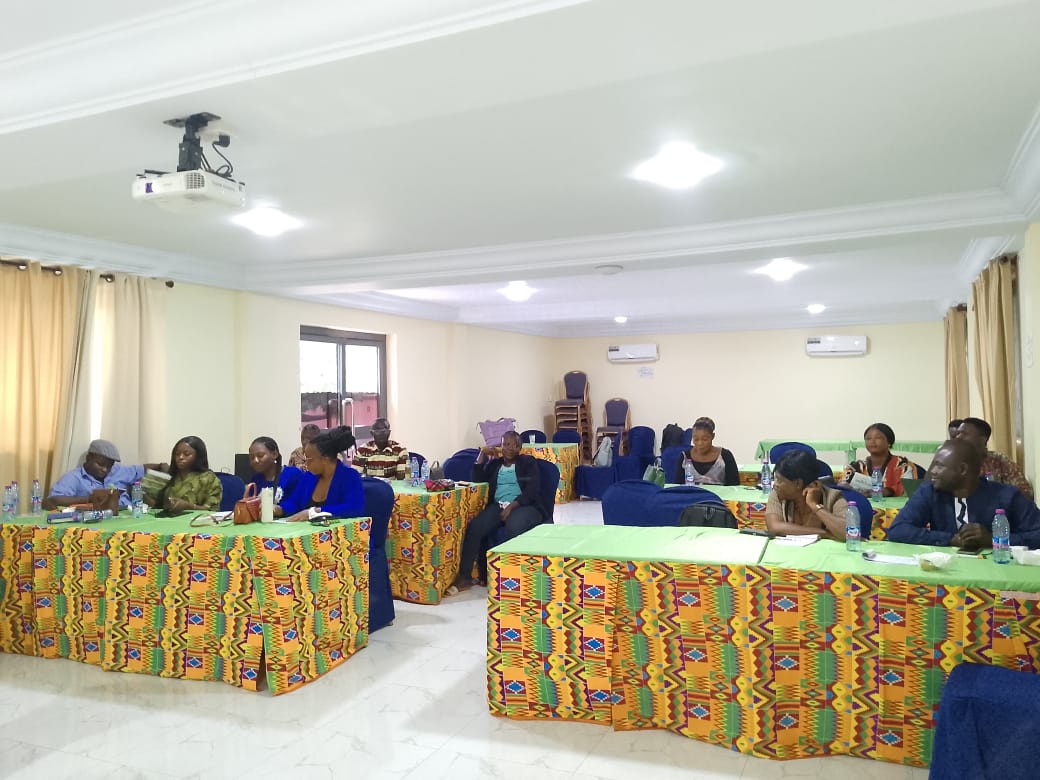
Journalists must harness their power to shape public discourse and challenge gender stereotypes and injustices, a media facilitator told practitioners during a specialised training on reporting adolescent sexual and reproductive health issues in northern Ghana.
The Forum for African Women Educationalists (FAWE) organised the capacity-building workshop in Bolgatanga, bringing together 19 journalists to develop skills for sensitive reporting on Adolescent Sexual and Reproductive Health Rights (ASRHR) and gender-related issues.
Kwesi Ghartey-Tagoe, a media practitioner and training facilitator, told participants that journalists must take an active role in shaping public discourse, particularly those that are gender related.
“The stories that we churn out, you know, influences society a great deal and we believe that this is an area that needs addressing,” Ghartey-Tagoe said. “The only or the better way to do this is to involve journalists in understanding the issues around these things and be able to report it properly.”
He emphasised that consistent media coverage could prompt policy makers to address implementation gaps in existing programs.
“If journalists come out to be able to talk about these things consistently, you know, it goes down well and then those who matter due to barriers will sit up and begin to talk about some of these things,” Ghartey-Tagoe said.
Elikem Katsekpor, project officer for the SHARE project, outlined the initiative’s parent-centered approach to adolescent health education. The SHARE project operates in four northern Ghana districts: Builsa North, Kassena Nankana Municipal, Kassena Nankana West, and Bongo District.
“The approach is to engage a lot more of the parents so that they are empowered enough to be able to have these conversations with their adolescents,” Katsekpor said. “The parents are more the cascaders with regards to the training and the capacities that are built.”
The SHARE project is implemented through a consortium led by Right to Play, with FAWE handling advocacy, WaterAid providing health worker training, and FHI 360 serving as technical consultant.
FAWE has conducted training sessions for parents and caregivers on sexual reproductive health rights and harmful traditional practices that affect gender equality and reproductive health outcomes.
The training aimed to equip journalists with tools to create public awareness that could lead to policy changes and improved implementation of existing health programs for adolescents.
Reporting by Mark Smith in the Upper East Region.
Asaase Broadcasting Company airs on Asaase 99.5 Accra, Asaase 98.5 Kumasi, Asaase 99.7 Tamale, Asaase 100.3 Cape Coast, AsaasePa 107.3 (Accra).
Affiliates: Bawku FM 101.5, Bead FM 99.9 (Bimbilla), Mining City Radio 89.5 (Tarkwa), Nandom FM 101.9, Nyatefe Radio 94.5 (Dzodze), Sissala Radio 96.3 (Tumu), Somuaa FM 89.9 (Gushegu), Stone City 90.7 (Ho) and Wale FM 106.9 (Walewale).
Listen online: asaaseradio.com, Sound Garden and TuneIn.
X: @asaaseradio995, @Asaase985ksi, @Asaase997tamale, @asaase1003, asaasepa1073
Instagram: asaaseradio99.5, asaase985ksi, asaase100.3, asaase99.7tamale, asaasepa107.3
LinkedIn: company/asaaseradio995. TikTok: @asaaseradio99.5
Facebook: asaase99.5, asaase985ksi, Asaase100.3, asaase99.7, AsaasePa107.3.
YouTube: AsaaseRadioXtra.
Join the conversation. Accra: call 020 000 9951/054 888 8995, WhatsApp 020 000 0995. Kumasi: call 059 415 7985 or call/WhatsApp 020 631 5260. Tamale: call/WhatsApp/SMS 053 554 6468. Cape Coast: call/WhatsApp 059 388 2652.
#AsaaseRadio
#TheVoiceofOurLand
